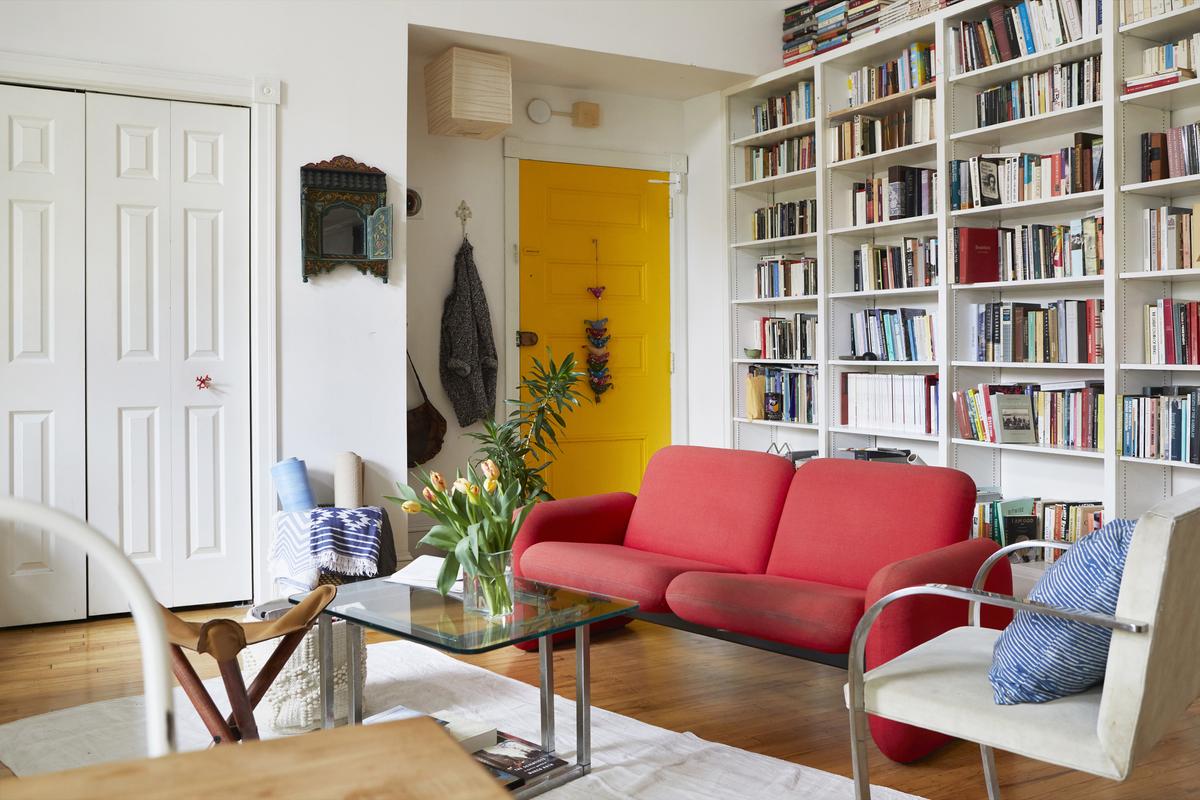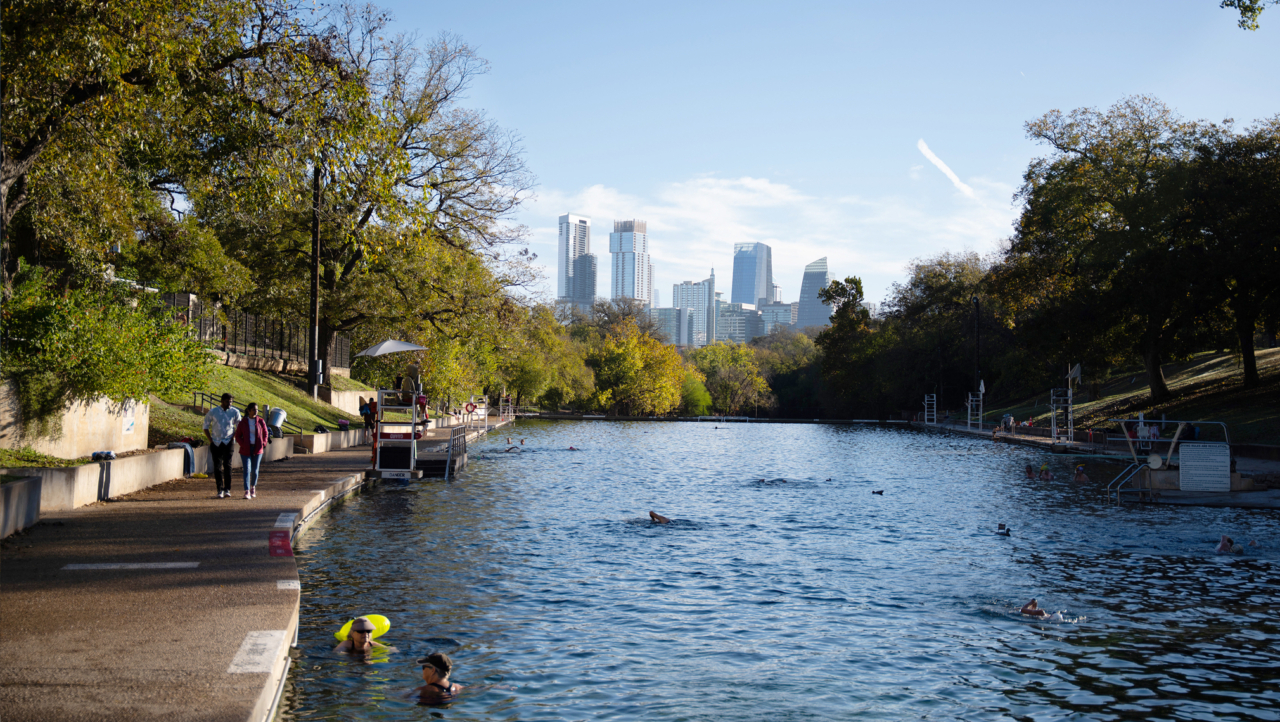What Are Security Deposits for Apartments?


Written by Jennifer Lyons on July 30, 2025
When renting an apartment, you'll probably come across something called a security deposit. A security deposit is a one-time, refundable payment that a tenant pays their landlord or property manager before moving into a rental property. Unlike rent, you’re not paying a security deposit every month. Oftentimes, the deposit is collected at the same time as your first month's rent and refundable at the end of your lease. A security deposit is a good-faith payment to show your landlord or property manager that you’re committed to taking good care of the apartment. If any damage occurs, beyond wear and tear, or you miss a rent payment, the security deposit can be used to cover the cost.
What is a security deposit used for?
A security deposit serves as a financial safety net for the property owner. The security deposit can be used to cover costs due to breaches of the lease agreement. This may include:
- Any damages to the unit beyond normal wear and tear.
- A missed rent payment, if the lease ends early, or you fail to pay your balance.
- Excessive cleaning fees, if the apartment needs extra attention after you leave.
A security deposit is a separate payment from your rent or utilities. It’s held by the landlord during your lease and may be returned after you move out, provided you’ve met all the lease terms and left the apartment in good condition.
How do deposits work when renting?
When you rent an apartment, you’ll pay a sum of money upfront to your landlord or property manager as a security deposit before you move into the property. The landlord will hold onto this money as protection during your lease period.
Some state and local laws have limitations on how much a landlord can charge for a security deposit and where the funds can be retained. For instance, some laws require landlords to hold the deposit in an interest-bearing account, like a FDIC-insured checking or savings account.
At the end of your lease, the landlord will inspect the property for damages beyond wear and tear. If no damage is found and all other terms of the lease are upheld, the security deposit will be returned to you. If damage is found or a term is unmet, such as unpaid rent, the landlord can deduct the cost of repairs or unpaid rent from the security deposit.
The purpose of a security deposit
The money from a security deposit serves two main purposes:
- Protecting the landlord or property manager’s property from excessive damage or loss.
- Encouraging the tenant to be responsible and take good care of the property.
How much is a security deposit on an apartment?
According to Zillow research, renters who paid a security deposit in 2024 paid an average of $750. The amount can vary widely based on location, property type, and rental market demands. Some states and cities also regulate how much landlords can charge for a deposit.
How is a security deposit calculated?
Landlords typically calculate security deposits based on:
- Monthly rent: Most landlords stick to one month’s rent total, though some may charge a little more or less.
- Credit history: Tenants with high credit scores may face lower deposit requirements, while those with lower scores might pay more.
- Local laws: Some regions set legal limits on security deposit amounts to protect tenants from being overburdened.
- Pet fees: If you have pets, your landlord may add an extra deposit or a nonrefundable pet fee to cover potential damage.
It’s a good idea to ask landlords about their specific deposit policies and confirm these details before signing a lease.
When do you pay security deposits?
Security deposits are usually paid upfront, alongside the first month’s rent and any other initial fees (like a pet or move-in fee). You’ll most commonly pay the deposit after your rental application has been approved, but before moving in. It’s important to verify the terms so there are no surprises.
Many landlords also issue a receipt for the deposit, which serves as proof of payment and helps document the start of your lease. Be sure to keep this receipt in your records for future reference.
When can I get my security deposit back?
Getting your security deposit back depends on a few factors, but in most cases, you should receive it once your lease ends and your landlord has inspected the property. To increase the likelihood of getting the full amount back, make sure you:
Leave the apartment in good condition. Perform a deep clean and repair any damages beyond normal wear and tear (think holes in walls or stains on carpets).
Follow the move-out process. Notify your landlord on time, return all keys, and clear your space properly.
Document the condition. Take photos of the apartment when you move in and before moving out to have proof of the condition.
What to expect when getting your deposit back
Here are some key points renters should know:
- Receipt of funds: Landlords typically issue a formal notice with the remaining deposit amount. If any deductions are made, the notice should explain why.
- Timeline: State laws dictate the timeframe within which landlords must return the deposit. Depending on where you live, it could be anywhere from 14 to 60 days.
- Possible deductions: If unpaid rent, damages, or excessive cleaning needs are identified, your landlord may deduct these costs from the deposit.
Reasons you may not get your security deposit back
Unfortunately, not everyone gets their full security deposit returned. Here’s why:
- Significant damages beyond normal wear and tear.
- Failure to return the apartment to move-in condition.
- Unpaid rent or fees at the time of vacating.
- Not fulfilling notice requirements outlined in the lease.
To maximize your chances of recovering your deposit, communicate with your landlord, adhere to your lease terms, and leave the apartment in the same condition as when you moved in, aside from normal wear and tear.
Showing your commitment
A security deposit for an apartment is more than just a one-time payment; it’s a renter’s commitment to care for their home and follow lease terms. By understanding the purpose, how deposits work, and the steps to get your deposit back, you can move forward with confidence and peace of mind.
Looking for an apartment? Renting through Zillow makes it easy to explore listings, compare options, and find the perfect fit.
Find an apartment you’ll love on Zillow
With Zillions of up-to-date listings and filters for your must-haves, it's easy to find your perfect apartment on Zillow Rentals.
Search rentals


